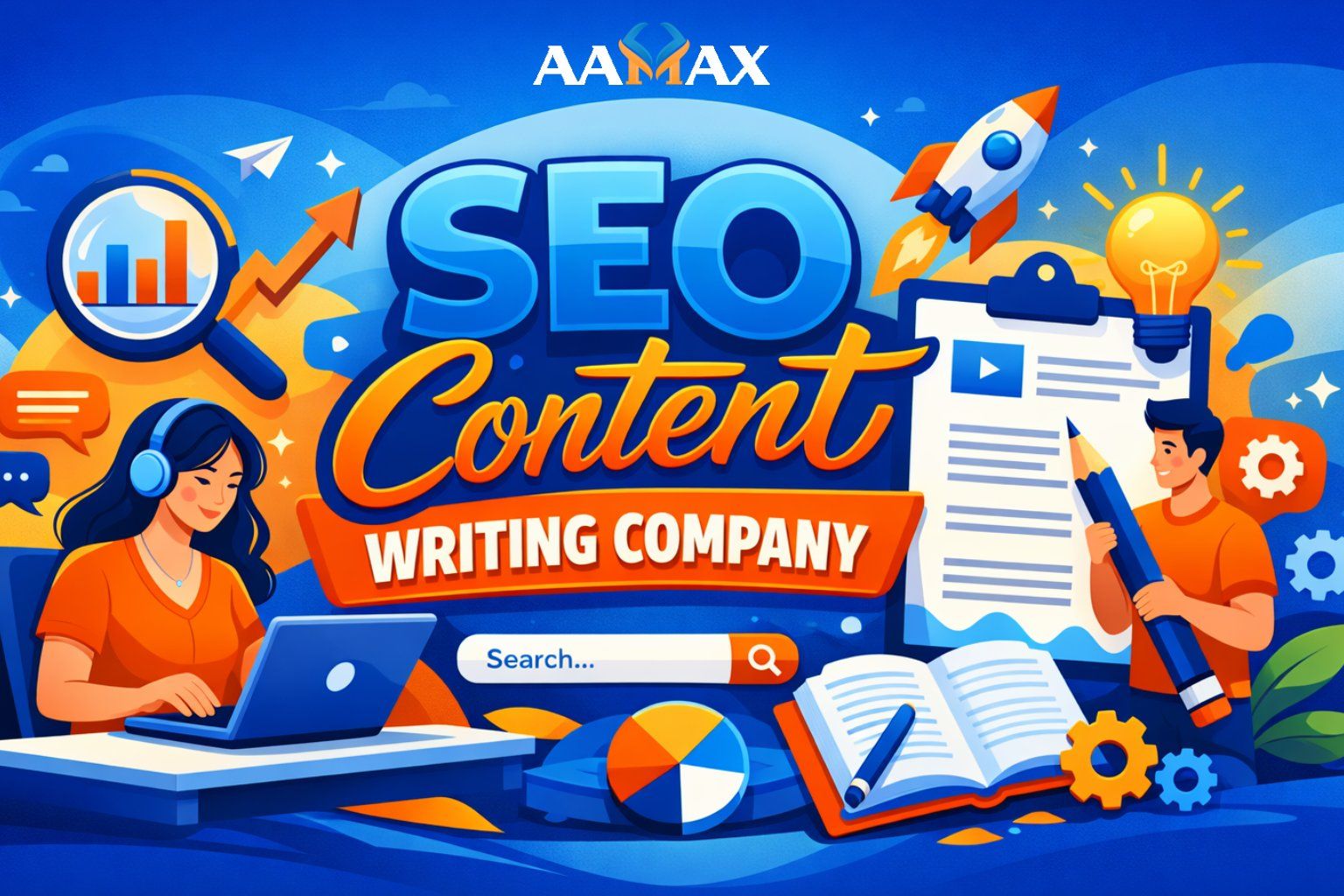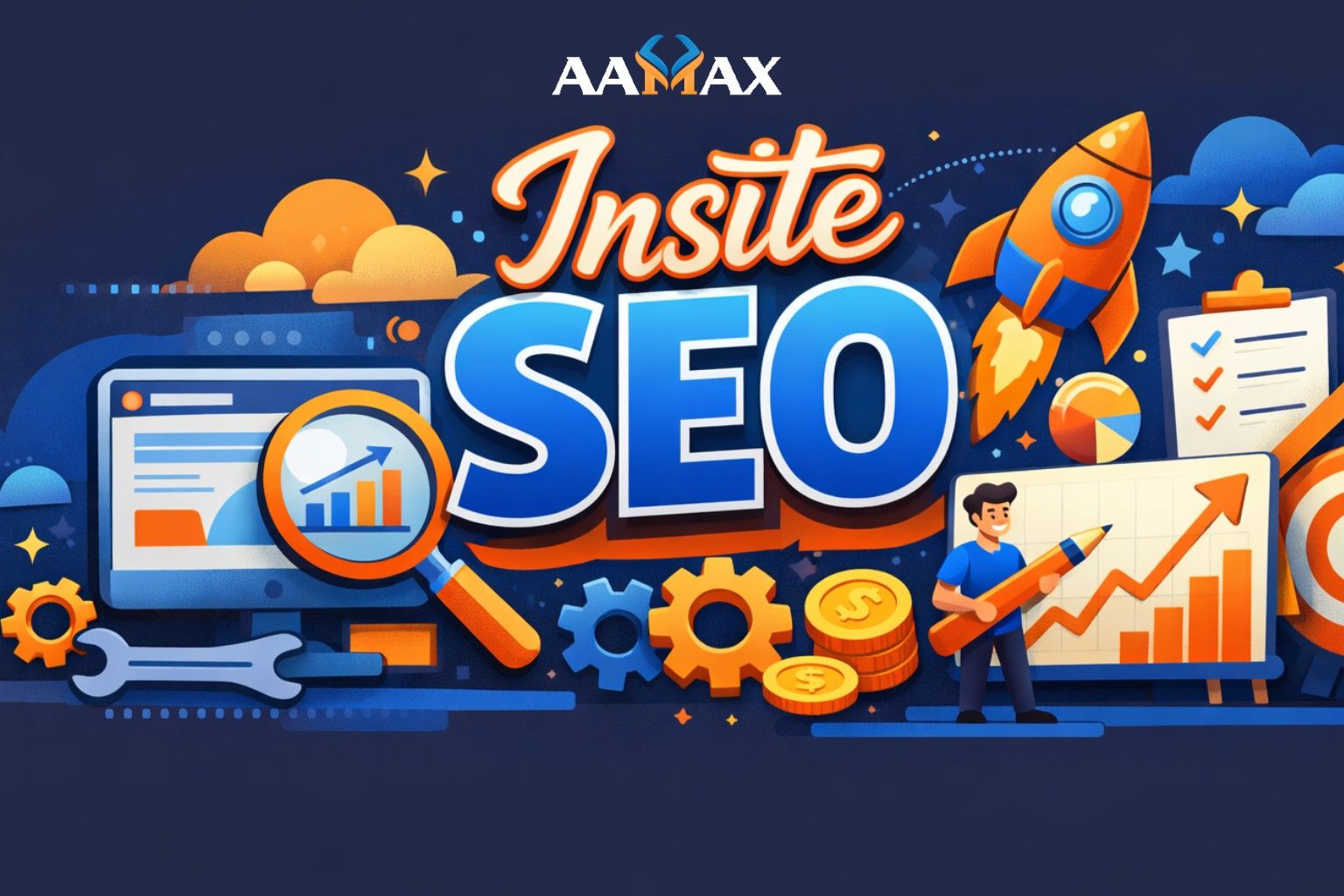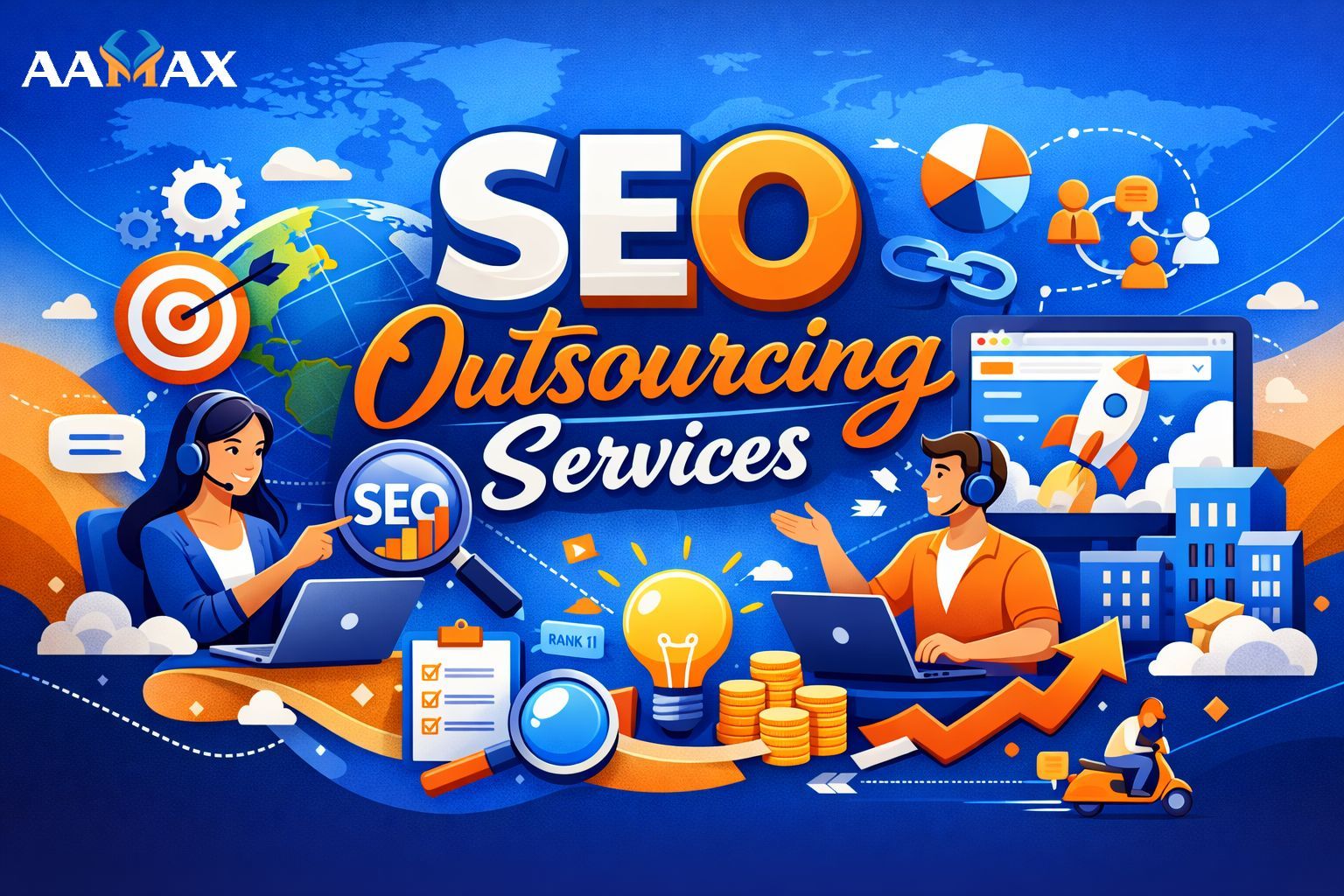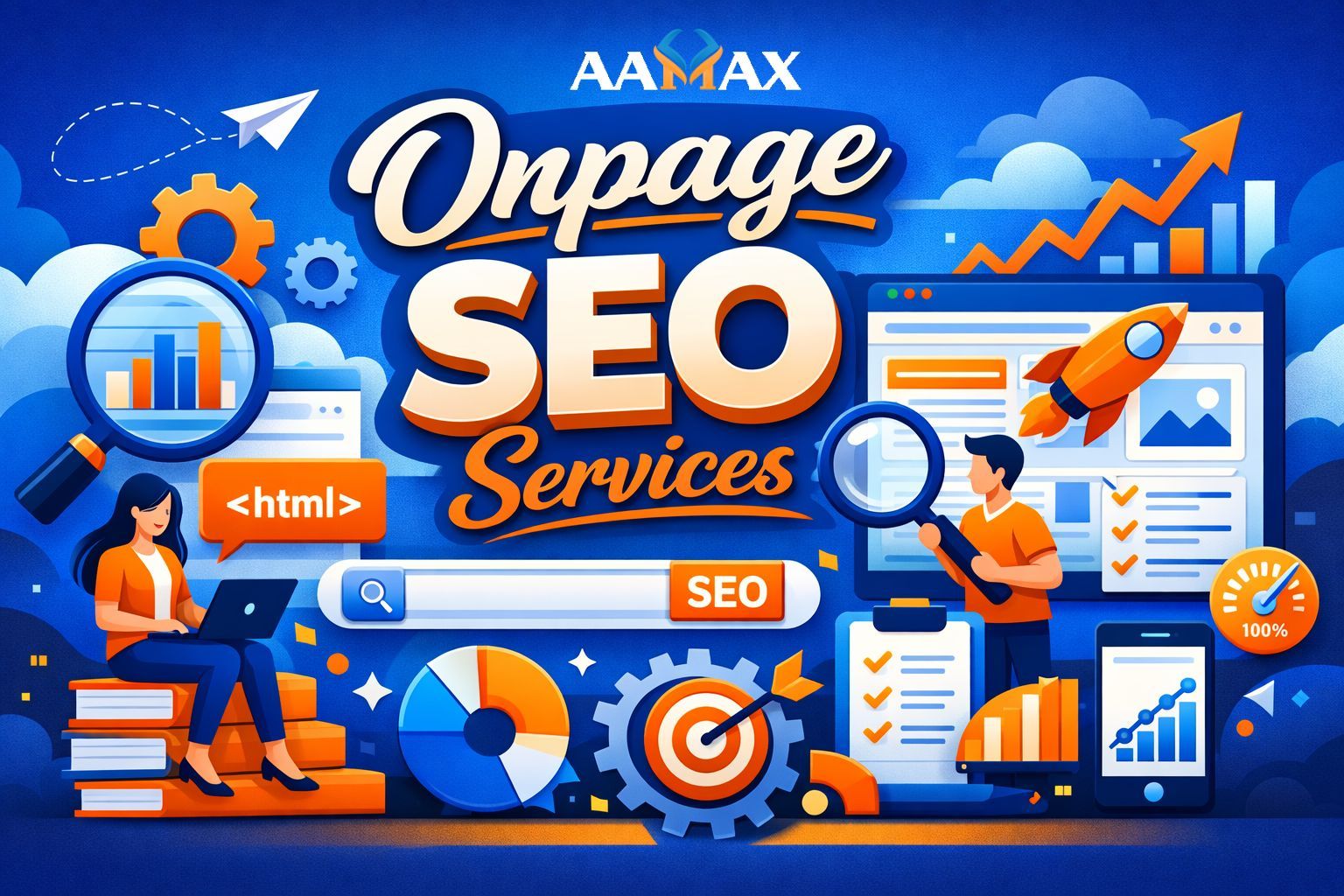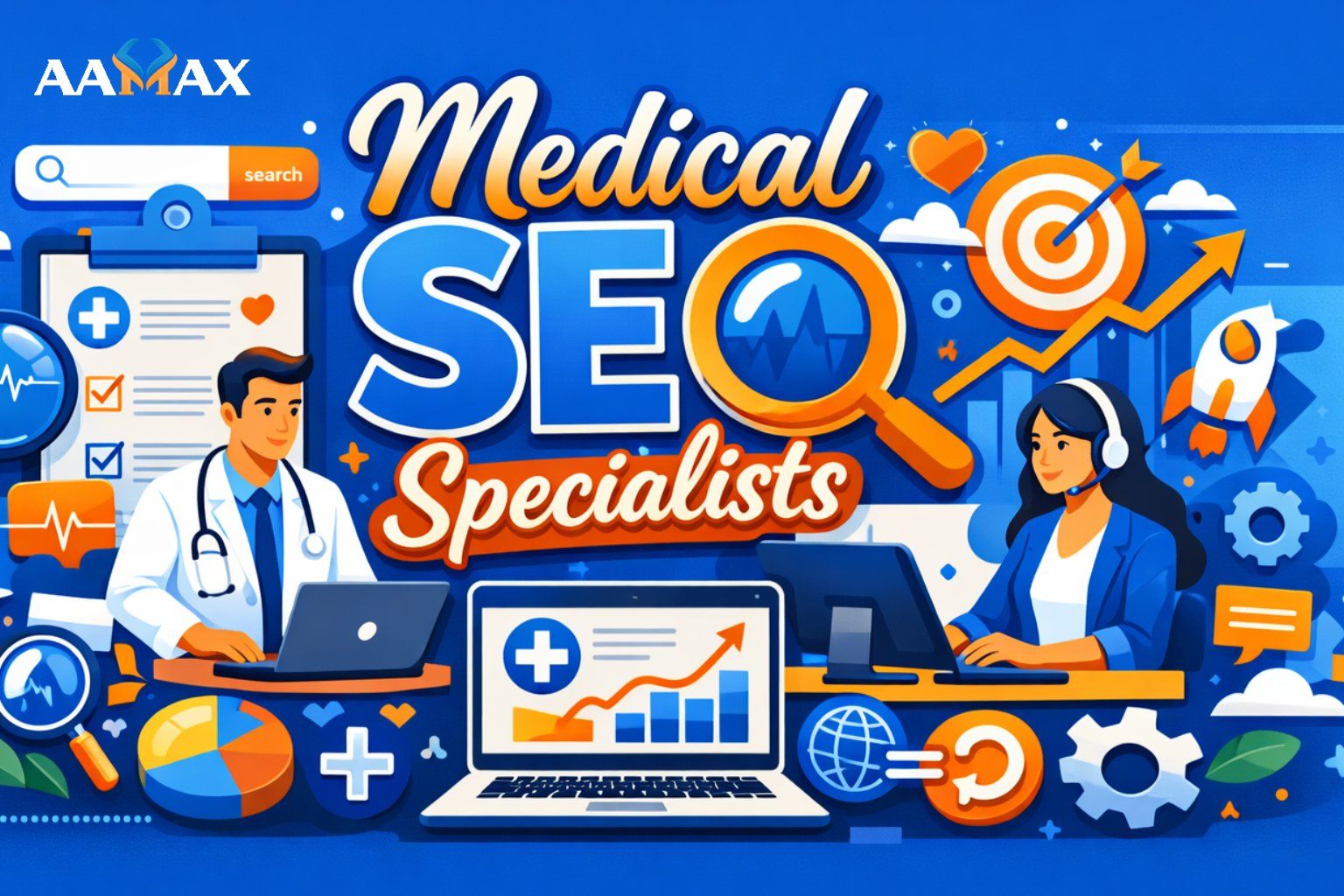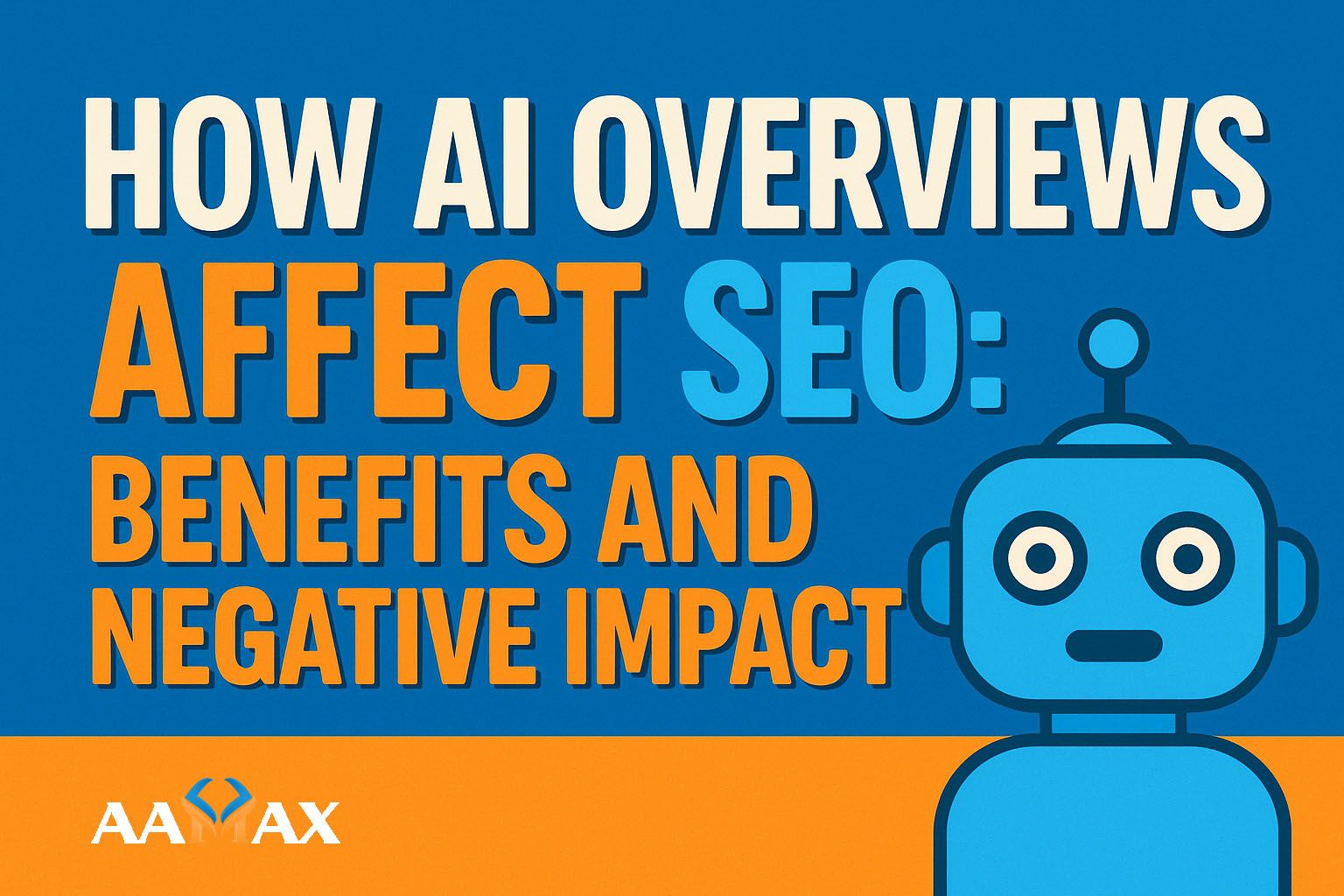
How AI Overviews Affect SEO: Benefits and Negative Impacts
Artificial Intelligence (AI) has transformed how search engines operate, interpret content, and deliver results. With the introduction of AI Overviews — previously known as Google’s “Search Generative Experience (SGE)” — search results are no longer limited to a list of blue links. Instead, users now receive AI-generated summaries that combine information from multiple sources, directly answering queries in a conversational, contextual format.
While this innovation improves user experience, it also disrupts traditional SEO strategies. AI Overviews influence how traffic is distributed, how content is discovered, and how businesses compete for visibility. Understanding both the benefits and negative impacts of AI Overviews is essential for brands that want to adapt and thrive in this new era of search.
In this in-depth guide, we’ll explore how AI Overviews affect SEO, their advantages, their potential downsides, and how businesses can optimize for them. If you’re looking to stay ahead of these changes, partnering with experts like AAMAX can help you leverage AI Search Engine Optimization (SEO) strategies for maximum growth.
What Are AI Overviews?
AI Overviews are AI-generated summaries that appear at the top of Google search results. Instead of showing only organic links, Google uses AI to generate a comprehensive, conversational overview that answers a query directly. It synthesizes information from multiple reputable sources and provides quick insights without requiring users to click through multiple websites.
For example, if someone searches “best SEO strategies for 2026,” Google’s AI Overview may summarize key strategies such as content optimization, Core Web Vitals, and AI-driven analytics, citing a few sources. This feature aims to improve search experience by saving time and delivering context-rich answers.
However, this change also raises important questions: How will it impact website traffic? Will organic clicks decrease? Can brands still rank and be referenced within these AI summaries?
Let’s dive deeper.
How AI Overviews Work
AI Overviews rely on machine learning, natural language processing (NLP), and knowledge graph data to understand user intent and generate contextual summaries. The process involves:
- Query Understanding: The AI determines the user’s intent and classifies the type of information requested.
- Content Extraction: It pulls data from multiple trusted sources related to the topic.
- Synthesis and Generation: Using generative AI, it summarizes this data in natural language.
- Source Attribution: In many cases, it displays links to the websites that contributed to the summary.
These AI Overviews often appear above traditional organic search results — similar to featured snippets — giving them immense visibility and influence over what users see first.
Benefits of AI Overviews for SEO
While some fear that AI Overviews could reduce organic traffic, there are also significant benefits for websites that adapt strategically.
1. Increased Authority for High-Quality Sources
Google’s AI prioritizes authoritative, accurate, and well-structured content when generating summaries. Websites with strong E-E-A-T (Experience, Expertise, Authoritativeness, Trustworthiness) signals are more likely to be cited within these overviews.
If your content is referenced or linked within an AI Overview, it can significantly boost your brand authority and trust signals — especially if users see your site mentioned as a primary source.
2. Improved User Experience
AI Overviews improve search experience by providing concise, informative answers directly on the results page. For SEO professionals, this shift encourages the creation of better, more helpful content aligned with user intent.
Instead of focusing purely on keywords, websites must now focus on semantic relevance, context, and depth of knowledge, all of which contribute to long-term SEO sustainability.
3. More Clicks for Highly Relevant Pages
Although AI Overviews answer questions directly, they often include “Learn more” or “Sources” links. Websites featured in these sections can still receive substantial referral traffic — often from high-intent users who are looking for deeper insights.
For example, a blog post explaining “AI SEO strategies” may be referenced in an AI Overview, leading to high-quality visitors interested in detailed information.
4. Encourages Better Content Structuring
AI Overviews reward websites that use clear formatting, structured data, and concise answers. This pushes creators to organize their content for easier understanding — using headings, bullet points, and schema markup — which ultimately benefits both users and search engines.
5. Alignment With Conversational Search
With the rise of voice search and chat-style interfaces, users increasingly interact with search engines conversationally. AI Overviews are built on the same principles. By optimizing for conversational, intent-based queries, businesses can future-proof their SEO for upcoming AI-driven search experiences.
Negative Impacts of AI Overviews on SEO
Despite these benefits, AI Overviews introduce several challenges that SEO professionals and website owners must confront.
1. Reduced Organic Click-Through Rates (CTR)
One of the most significant drawbacks is the potential drop in organic clicks. Since AI Overviews provide direct answers, many users might not need to visit the original websites. This phenomenon, known as zero-click searches, could increase substantially with AI-generated results.
Even if your content contributes to an AI Overview, users might consume the summary without clicking, leading to lower traffic — despite maintaining visibility.
2. Difficulty in Attribution
AI Overviews often combine information from multiple sources, but not all sources are cited visibly. This lack of transparency can make it difficult for website owners to know when their content is used or credited, limiting brand recognition and performance tracking.
3. Higher Competition for Fewer Clicks
Since AI Overviews highlight only a few sources, competition for these limited spots is intense. Websites that fail to meet AI’s quality and authority criteria may experience reduced exposure — even if they previously ranked well organically.
This change transforms SEO into a winner-takes-most environment, where being referenced by AI is far more valuable than simply ranking on page one.
4. Risk of Misinformation or Inaccuracy
AI systems are not perfect. They sometimes misinterpret data or combine information in misleading ways. If your content is cited incorrectly, it could affect your brand’s reputation or lead to misinformation being associated with your business.
5. Disruption to Keyword Strategy and Analytics
Traditional keyword performance metrics may become less reliable as AI Overviews dominate search results. Tracking which keywords drive traffic and understanding ranking fluctuations will become more complex, requiring AI-compatible SEO analytics tools.
How to Optimize for AI Overviews
While AI Overviews change how users engage with search results, they also open new opportunities for innovative SEO strategies. Here’s how to adapt.
1. Focus on Expertise and Authority
AI favors credible, trustworthy content from authoritative sources. Strengthen your E-E-A-T signals by:
- Featuring expert authors and credentials.
- Publishing original research or data-backed insights.
- Building backlinks from high-quality, niche-relevant websites.
- Ensuring factual accuracy and referencing trusted sources.
The more authoritative your site appears, the higher your chances of being referenced in AI-generated summaries.
2. Optimize for Conversational and Long-Tail Queries
AI Overviews are designed to understand natural language. To align with this, optimize content for:
- Question-based queries (e.g., “How does AI impact SEO?”).
- Conversational phrases and search intent.
- Semantic variations and related concepts rather than just exact keywords.
This approach ensures your content is more likely to be recognized by AI as contextually relevant.
3. Use Structured Data and Schema Markup
Schema markup helps search engines interpret your content more clearly. Implementing structured data for articles, FAQs, and reviews can make it easier for AI systems to extract and summarize your content accurately.
4. Create In-Depth, Comprehensive Content
AI Overviews rely on multiple data sources to generate complete answers. By creating comprehensive, in-depth guides that address multiple aspects of a topic, you increase the chances of your content being included as a reference.
Long-form content that provides value from different angles — backed by visuals, statistics, and examples — tends to perform better in AI-driven search environments.
5. Prioritize User Experience and Accessibility
AI prioritizes content that offers great user experience. Ensure your site is fast, mobile-friendly, and easy to navigate. Use clear headings, concise paragraphs, and visual elements to make your content digestible.
6. Monitor AI Overview Trends and Performance
SEO professionals must adapt to new metrics. Track where your pages appear in AI Overviews and monitor referral traffic from them. Use AI-enabled tools that provide visibility into search generative experiences (SGE) analytics.
The Future of SEO in the Age of AI Overviews
The rise of AI Overviews represents a monumental shift in how users interact with search engines. Instead of simply finding links, people are now engaging with AI-curated knowledge experiences. This transition pushes brands to elevate content quality, strengthen authority, and adapt their strategies to fit AI-driven discovery.
Here’s what the future may hold:
- Increased importance of brand identity: As AI decides which sources to highlight, strong brand signals and reputation will become ranking factors.
- SEO and AI integration: Successful SEO strategies will merge human expertise with AI-powered insights, blending creativity with data science.
- Content verification and authenticity: Search engines will likely emphasize verified, fact-checked sources to combat misinformation.
- Shift toward experience-driven SEO: Personalization, interactivity, and engagement metrics will weigh more heavily in ranking algorithms.
Businesses that evolve alongside these trends will not only survive — they’ll thrive in the AI search era.
Partner with Experts for AI SEO Success
Adapting to AI Overviews and the changing SEO landscape requires a deep understanding of AI algorithms, structured data, and content strategy. That’s where AAMAX can make a difference.
AAMAX is a full-service digital marketing company offering Web Development, Digital Marketing, and SEO Services. Their experts specialize in AI-powered SEO solutions, helping businesses improve visibility in AI-driven search results, enhance content performance, and build long-term authority.
Whether you want to optimize for AI Overviews, implement structured data, or create SEO strategies aligned with the future of search, AAMAX delivers tailored, results-driven solutions.
Final Thoughts
AI Overviews mark a turning point in the evolution of SEO. While they bring undeniable benefits such as improved user experience and authority recognition, they also challenge traditional traffic models and demand smarter optimization strategies.
To thrive in this environment, businesses must shift from keyword-driven tactics to intent-based, AI-aware strategies that prioritize quality, credibility, and user satisfaction. By embracing innovation and partnering with experienced professionals like AAMAX, you can navigate these changes confidently and secure your place at the top of AI-powered search results.

